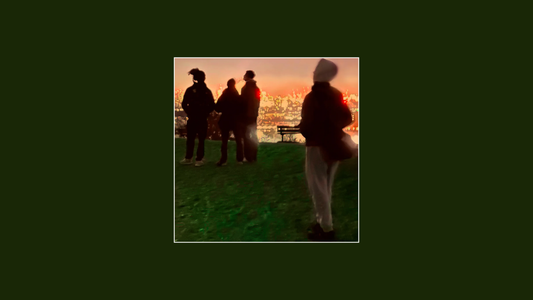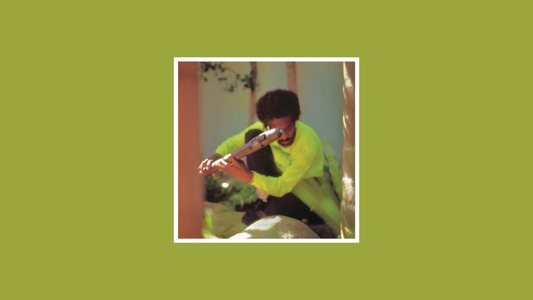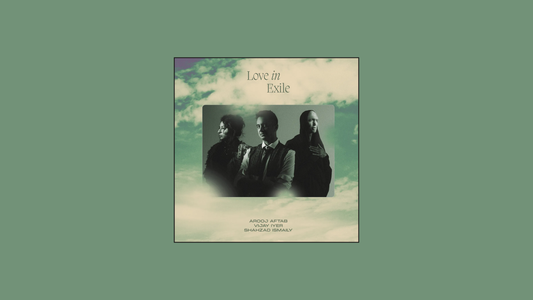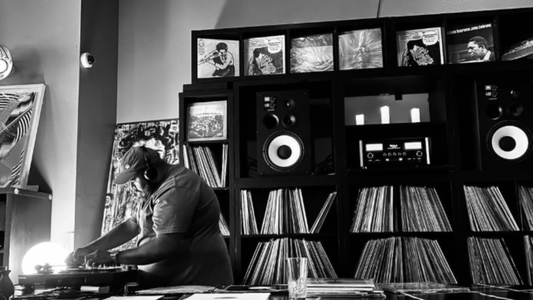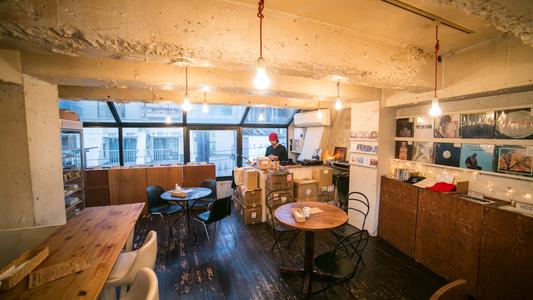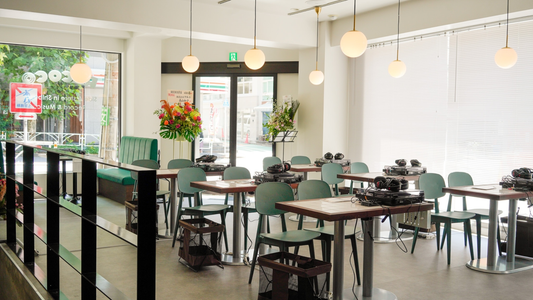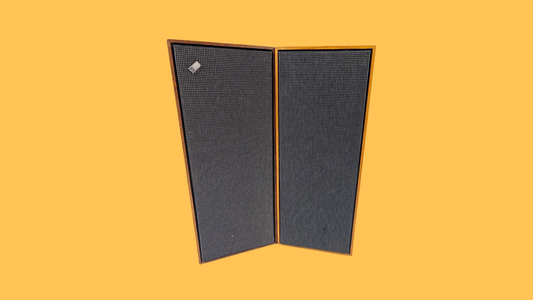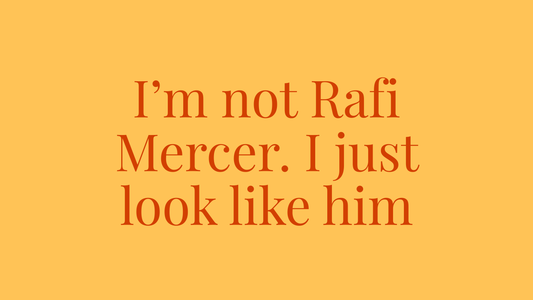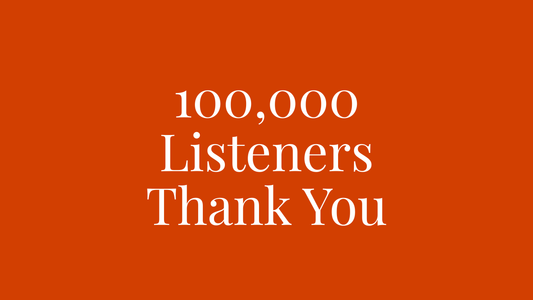
Fred again.. – Ten (2024)
By Rafi Mercer
Every generation has a producer who learns to listen differently. For ours, that might just be Fred again.. He hears the world not as noise, but as melody waiting to be found — the hum of conversation, the chime of a phone, the echo of train doors closing on the Underground. His 2024 album Ten feels like the purest expression of that instinct yet: an album about how sound lives in the spaces between people.
Fred’s music has always blurred edges. His Actual Life trilogy felt like a diary made of recordings — fragments of friends’ voices, conversations, grief, laughter, silence. Secret Life with Brian Eno extended that palette into ambient territory, proving he could make stillness feel cinematic. Ten brings both worlds together: songs that breathe like pop but unfold like memory.
It’s hard to label it. It isn’t house in the classic sense, though it pulses. It isn’t pop, though it’s full of hooks. It isn’t ambient, though silence shapes it. It’s music in motion — alive, searching, caught between dancefloor and daydream. The fact that much of it was built on the move — sketches made on trains, field sounds caught in the London air — makes it all the more human. These aren’t digital compositions; they’re audio postcards.
Brian Eno’s mentorship is all over the record, not in sound but in philosophy. You can feel the lesson: listen first, produce later. Fred treats his samples like found emotion. He doesn’t edit life; he tunes into it. In one track, a voice note becomes a chorus. In another, the echo of a tunnel becomes rhythm. You can hear London itself — its pulse, its melancholy, its crowd noise folding into chord progressions that feel oddly tender.
What’s beautiful is how emotional it all is. There’s vulnerability hidden in the structure — big basslines wrapped around small human phrases. His production often begins as improvisation, a kind of modern journaling. He listens back to the fragments, then builds from the resonance. It’s intuition turned into architecture.
Play Ten on a good system and you’ll understand what makes Fred again.. different. The detail isn’t in volume but in depth. The low end moves like breath, the mids glow like soft light, the highs feel like city air — busy but open. His mixes sound lived-in, textured by motion. You can hear the rhythm of trains, the click of conversation, the soft distortion of reality.
There’s a quiet philosophy running through it too: that listening can begin anywhere. You don’t need a studio, or silence, or permission. You can start on a commute, with your phone, with the world humming around you. Fred’s genius is to make that listening feel sacred. His records are proof that even in chaos, music finds form.
Maybe that’s why this album feels so alive. It isn’t perfect — and that’s precisely the point. Life isn’t perfectly timed. Voices overlap. Moments distort. Fred keeps the imperfections in. They give the record warmth. They make it feel like someone breathing beside you.
When it ends, you’re left with a strange afterglow. You feel connected — to the music, to the moment, to the act of hearing itself. Ten isn’t just an album; it’s an argument for attention. It suggests that the world is always playing, and that maybe, if we slow down enough, we’ll notice the melody hiding in plain sight.
Some artists teach us to dance. Others teach us to listen. Fred again.. somehow does both.
Rafi Mercer writes about the spaces where music matters.
For more stories from Tracks & Tales, subscribe, or click here to read more.
